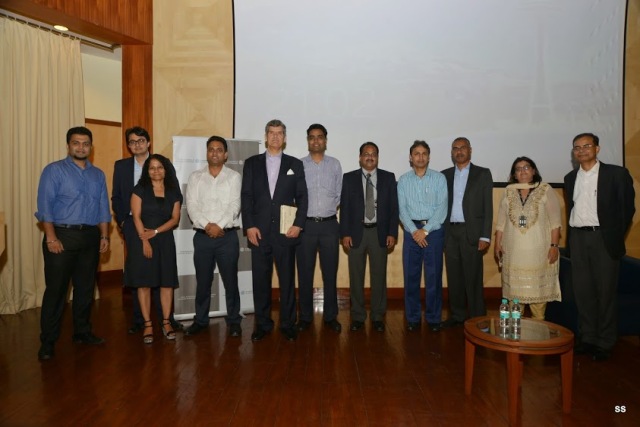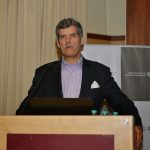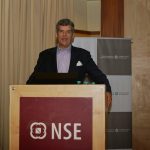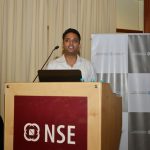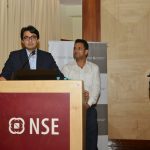- July 26, 2014
- Posted by:
- Category:BLOG, Events, Mumbai, Speaker Events
Contributed by: Chetan Shah, CFA, Director IAIP and Senior Portfolio Manager Religare Invesco AMC.
The desire for wealth has motivated much of investment activity. Especially when the returns are substantial. Like $20mn investment in Alibaba in 2000 by Masoyoshi Son, Softbank founder, turning into 2900 fold return by 2014. Google and Chipotle issued IPOs at $85 in August 2004 and $22 in January 2006 respectively and delivered handsome returns. Yet recognizing their full potential at the time of issuance or otherwise is more difficult. McDonald sold off its remaining stake in Chipotle in 2006. Microsoft sold off its stake in Expedia in 2001. Both have generated tremendous amount of wealth for investors over last few years post this sale!
IAIP hosted Dr. Robert I Webb, Paul Tudor Jones II Research Professor at the University of Virginia to discuss “Where’s Alpha” to explore questions about alpha, its sources, its size, strategies to exploit and so on. The event organized on July 25th at NSE Auditorium was well received by the members.
Alpha entails exploiting mispricing in the securities market. Robert segregates them into three categories viz. intentional, inadvertent and forced. Intentional alpha arises when investment bankers routinely price IPOs cheaper. The hot stocks pop up on trading day. Wealth transfers from owners intended to facilitate the underwriting process. The IPOs are not just restricted to equities. Bond issues like those of Verizon on September 11th 2013 to purchase Vodafone’s 45% stake in Verizon Wireless soared immediately after issuance resulting into profits of $2.54bn for investors (size of the issue was $49bn).
The correlation between related securities breaks down in continuous markets over very short periods of time leading to potential arbitrage opportunities. This is called inadvertent alpha. The source of profits is essentially speed; thereby leading to arms race amongst the HFT (High Frequency Traders). Forced alpha arises during turbulence in the market caused by “traders in trouble” either dumping holdings or covering shorts. During the global financial crisis Porsche’s announcement that it controlled almost ¾ of Volkswagen (VW) call options on Sunday led to 146% rise in its share price of VW on Monday and another 82% on Tuesday creating a brief shining moment. VW became largest company in the world in terms of market capitalization (reaching $370bn versus Exxon Mobile’s $343bn) for a short period. Here the profits are generated with participants gaming the system rather than any change in fundamentals. Again such trading induced profits are not just limited to equities. Amaranth was long and wrong in March & April 2007 on natural gas spreads which resulted into losses of $1-2bn for itself and profits for others.
Robert touched upon how one can capture Alpha. Skills in analysis or forecasting, Informational advantage (both legal or insider), Lower transaction costs or taxes, Lower financing cost, Faster speed, Relationships with investment bankers during IPOs, Luck and Leverage are the major factors in generating alpha. According to study by Frazzini, Kabiller & Pedersen in 2013 (“Buffet’s Alpha” Yale Nov 21, 2013), Warren Buffet has been using many of these successfully in generating alpha. Apart from his skill in identifying value, low-risk & high quality companies and discipline to stick to them, the other sources of alpha are his ability to use leverage (average of 1.6) without having to resort to fire sale, ability to borrow cheaply (36% of his liability comes at rates below treasury) and ability to raise cash quickly.
– CGS

